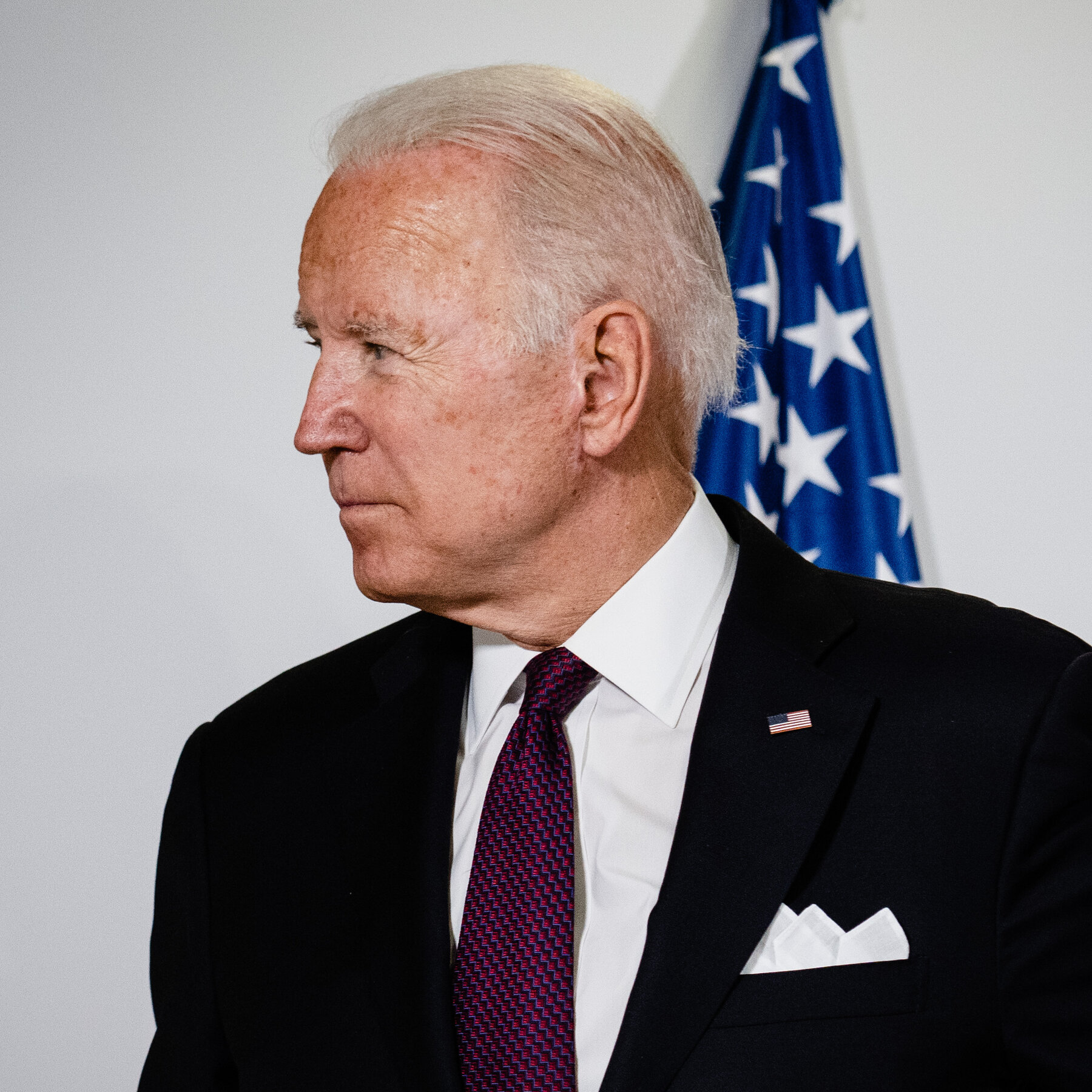January 14, 2022
-ABC
If this week goes down as the kind of “turning point in this nation’s history” that President Joe Biden said it would be, Biden and his party might not be comfortable with how any defining moments are being cemented.
Biden drew a line in the sand on voting rights and then saw two Democrats cross it and cross him, just like it appeared would happen all along. Add in rough new inflation numbers, brutal new polling, COVID uncertainties and a fresh Supreme Court rebuke on mandates and the result is a politically weakened president and an apparently paralyzed party, all as a midterm election year gets underway.
On Tuesday, when asked about whether he had the votes to get voting rights bills through the Senate, Biden told reporters, “Keep the faith.”
On Thursday, asked by ABC News’ Mary Bruce on Capitol Hill whether the bills could pass, the president responded, “The honest to God answer is, I don’t know whether we can get this done.”
A generalized critique from a range of White House allies has been around a lack of sustained focus on major priorities. That point of view often ignored the stubborn math of a 50-50 Senate, a razor-thin majority in the House and the considerable political capital expended to address a range of challenges.
Democrats still have the majority and the presidency and will have both for at least the rest of the year. But part of their mission now will be in acting like that’s the case — particularly given the urgency the president outlined around the moment this week.
More than two years before the 2024 presidential election, the Republican National Committee is threatening to shatter a norm — participation in presidential debates.
In a letter, the RNC said it plans to “prohibit” future Republican nominees from participating in debates sponsored by the Commission on Presidential Debates, the nonpartisan group that has hosted debates since the late 1980s. The letter, penned by chair Ronna McDaniel, accuses the group of “failing to maintain the organization’s strict non-partisanship.”
“For years, the Commission on Presidential Debates has shown bias against Republicans,” tweeted McDaniel. “Since they continue to stonewall commonsense reforms, the RNC is leveling the playing field to make debates fair for future nominees.”
The CPD issued a statement saying the group would base its plan for 2024 on “fairness, neutrality and a firm commitment to help the American public learn about the candidates and the issues.” Commission Chair Frank Fahrenkopf told ABC News that the group doesn’t negotiate with political parties.
“We have nothing to do with the Republican, Democratic party or any other political party,” Fahrenkopf said. “We work only with those candidates for president and vice president who meet the requirements that we put out a year or so ahead of time.”
It’s unclear what the RNC’s alternative debate plan would be if it forces candidates to ditch CPD debates. When asked, Fahrenkopf said, “the ball’s in [the RNC’s] court.”
Republican lawmakers across the country are celebrating Thursday’s Supreme Court Ruling that blocked the Biden administration’s vaccine-or-test requirement on private businesses of 100 or more workers.
As reported by ABC News’ Devin Dwyer, the conservative majority on the court argued the Occupational Safety and Health Administration lacks the power to impose such a rule, while also adding their assessment that Congress never authorized this type of sweeping power. The dissenting liberal justices argued that the “unparalleled threat” of COVID-19 calls for extraordinary measures.
In the scope of the midterm elections, the Supreme Court’s ruling amid the ongoing pandemic bolsters existing political divisions over lawmakers’ handling of COVID. In particular, the ruling potentially gives Republican candidates who oppose federal mandates the confidence to continue airing allegations about Democrats creating policies that would negatively impact businesses.
However, two conservative justices joined liberals to uphold another federal mandate policy that requires many of the nation’s health care workers to be vaccinated. More than 10.4 million health care workers at 76,000 federally-funded facilities will now be covered by that vaccine mandate, according to the administration.




